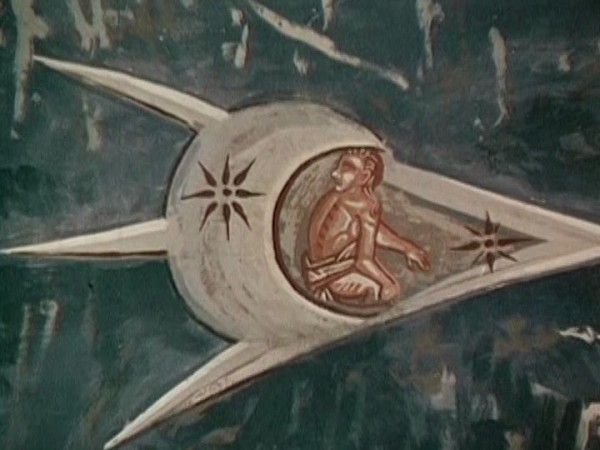Today’s topic comes from QSFer Jim Comer:
“Science fiction is inherently a literature of science, and bards of science is among the more printable things that SF authors have been called. Working scientists such as Dr Robert Forward, Isaac Asimov and Catherine Asaro have written famous SF tales, but alongside the solid work of such people, there is the strange legacy of people such as Norman Dean, Richard Shaver and Erich von Daniken, makers and tale-tellers of so-called fringe science.
“When a friend brought up the infamous Ica Stones recently, I was thinking about the enormous amount of fringe science that’s out there, despite the obvious silliness of some of the ideas. While it’s easy to make fun of topics such as UFOlogy, ‘pyramid power’ and cryptozoologists, my question today is this:
“To what extent do we use, or want to use, fringe science in science fiction? And to what extent does this push science fiction into sci-fi, or even into fantasy? Can we call a story science fiction if it involves orgone energy, or ‘electric sky’ cosmology, or hollow-earth voyages? And where does fringe science leave off and non-science (or nonsense) begin?
“Note that this thread is not about whether or not any of this is true. The question is how or if we want to use obviously ‘fringe-y’ science in our stories, and if we do, what we call them.”
So Jim laid it out pretty well – what role does pseudo science have in sci fi? And is there a distinction between what I’d call hard sci-fi and softer sci fi, esp. romance-based sci-fi, when it comes to getting the science right?



